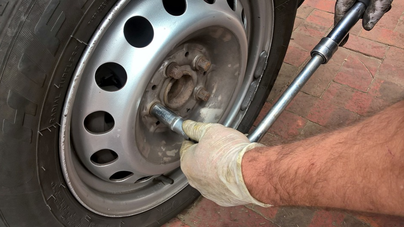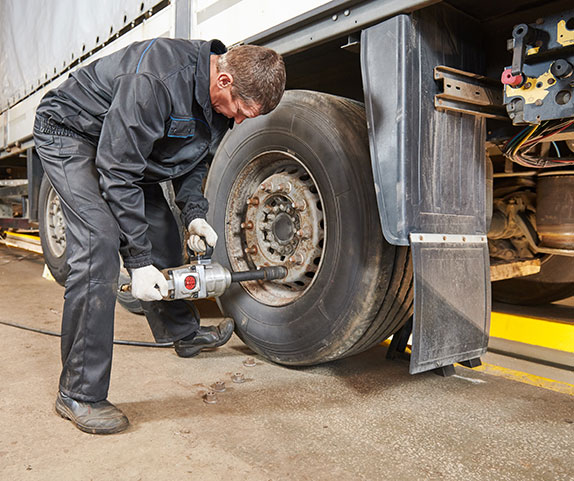Experience Precision with GMC Tire Service at Morris Tires
Experience Precision with GMC Tire Service at Morris Tires
Blog Article
Tire Solution: The Influence of Weather Condition Conditions
When it comes to guaranteeing optimal efficiency and safety and security when traveling, recognizing the impact of climate condition on tire solution is essential. From scorching warmth to icy roads, each weather condition aspect can dramatically affect tire capability and general driving experience. By delving right into the impacts of varying weather conditions on tires, motorists can obtain useful understandings that might enhance their car's performance and durability. In this conversation, we will check out the detailed partnership between weather and tire solution, clarifying the relevance of weather-specific tire upkeep practices and factors to consider.
Warm and Tire Efficiency
When revealed to high temperature levels, tires experience changes in performance that can dramatically impact automobile safety and handling. The heat generated from long term driving or warm weather condition problems causes the tire rubber to soften, leading to lowered walk life and enhanced wear.

Winter Results
Cold climate conditions can have a substantial effect on tire performance and security. As temperatures drop, tire rubber can set, resulting in decreased grip on icy or snow-covered roadways. In winter, tires may likewise shed air stress much more quickly, which can affect managing and fuel performance. Furthermore, cool temperatures can cause tire sidewalls to stiffen, boosting the danger of damages from pits or other road threats.
To reduce the effects of winter on tires, it is vital to consistently examine tire stress and inflate them to the maker's advised degrees. Utilizing wintertime or all-season tires made for winter problems can also boost traction and grip on icy or snowy roads. Proper tire maintenance, consisting of routine inspections for wear and damages, comes to be also more vital during cooler months to guarantee optimum efficiency and safety.
Rainy Conditions Effect
Tires with damaged footsteps are extra prone to hydroplaning, where a layer of water builds up between the tire and the road surface area, leading to loss of grip. To fight this, chauffeurs need to regularly examine their tires for adequate step deepness and take into consideration investing in tires specifically developed for damp problems.
Furthermore, wet weather condition can also decrease presence, making it testing for chauffeurs to see the roadway ahead clearly (GMC Tire Service). In such problems, it is vital to adjust driving rates as necessary and keep a secure following range to permit abrupt stops. Effectively filled with air tires can additionally help in maintaining control on damp roads by offering much better handling and hold
Snow and Tire Safety
When driving in snowy conditions, having the ideal tires can make a substantial distinction in security and efficiency. Winter months tires are developed with unique rubber substances and walk patterns to supply better grip on snow and ice contrasted to all-season tires.

It is crucial to follow manufacturer instructions when setting up and making use of tire chains check it out to stop damage to the tires and lorry. By picking the best tires, keeping appropriate rising cost of living, and considering extra grip help like tire have a peek at these guys chains, drivers can enhance their safety when browsing snow-covered roadways.
Weather-Related Tire Upkeep
Weather-related tire maintenance encompasses an array of methods aimed at ensuring ideal tire feature and long life in various weather condition scenarios. One vital facet of weather-related tire upkeep is tire stress policy. Checking tire step on a regular basis and changing tires when tread wear gets to a specific depth is crucial for preserving traction and security in unfavorable climate.
Verdict
In conclusion, climate conditions have a substantial impact on tire efficiency and safety. From warm affecting tire pressure and use to cool weather condition decreasing traction, it is crucial to think about the weather condition when keeping and using tires.
In this discussion, we will certainly explore the intricate connection in between climate conditions and tire service, shedding light on the significance of weather-specific tire upkeep methods and factors to consider.

Report this page